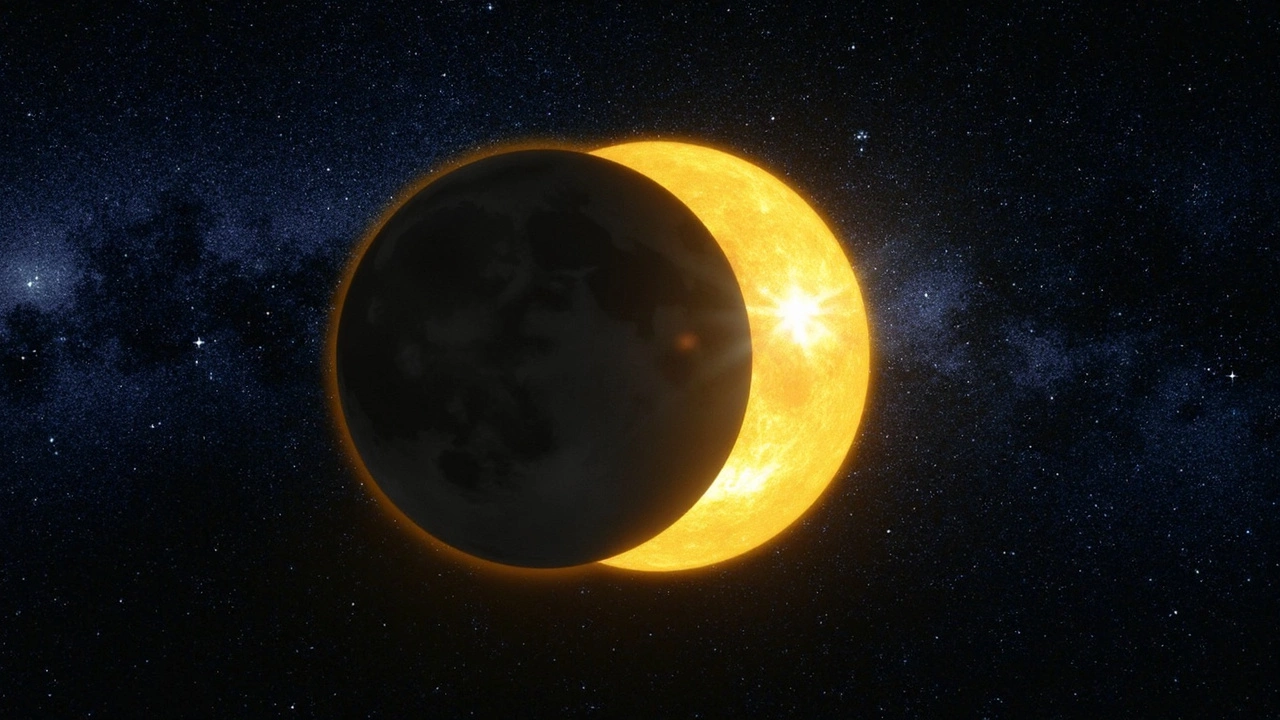Solar Eclipse 2025: Essential Precautions for Pregnant Women During the First Celestial Event
 Mar, 29 2025
Mar, 29 2025
Understanding the March 29, 2025 Solar Eclipse
The first solar eclipse of 2025 is set to occur on March 29. This celestial event will be a partial eclipse visible in diverse locations such as North-West Africa, North America, Europe, and Northern Russia. Unfortunately for some parts of the world like India and much of Asia, the eclipse will not be visible. This geographical detail implies that certain traditional practices like observing the Sutak Kaal period may not apply to these non-viewing regions.
Precautions for Pregnant Women During the Eclipse
Despite the absence of direct scientific proof that links solar eclipses to any adverse effects on pregnancy, cultural and traditional beliefs advise certain safety measures for expectant mothers. Here's a closer look at some of these recommendations:
- Avoid Physical Strain: Pregnant women are advised to rest and steer clear of activities that demand substantial physical effort. Household chores like cooking and stitching are best avoided to prevent fatigue.
- Dietary Guidance: Staying hydrated is key. Pregnant women should focus on drinking plenty of water and consuming fruits and juices. It's recommended to avoid heavy or spicy meals during the eclipse period.
- Sharp Object Caution: Traditional advice includes avoiding the use of sharp tools such as knives and scissors to prevent any accidental injuries.
- Eye Protection: For those in regions where the eclipse will be visible, it's vital never to look at the event directly. Certified solar eclipse glasses are a must for safe observation.
- Spiritual Practices: Engaging in meditation, chanting sacred mantras such as the Gayatri Mantra, or reading religious texts can help reduce stress and foster a sense of calm.
From a scientific standpoint, experts reiterate that eclipses are not harmful events for pregnancy. The stress on precautions largely stems from maintaining overall health and wellness, rather than any astrological concerns. Yet, for those who plan to observe the eclipse, eye safety remains a crucial consideration.
These guidelines may be based more on tradition than empirical evidence, but they underscore the importance of prioritizing health and safety whenever extraordinary celestial events occur.